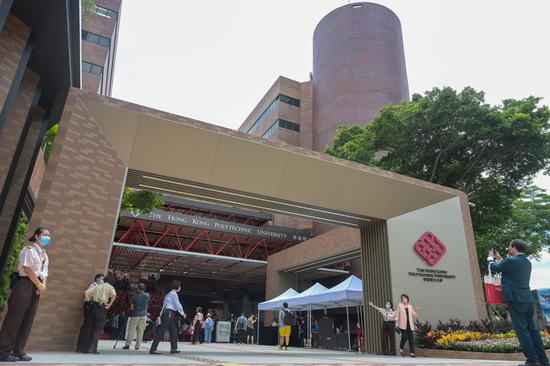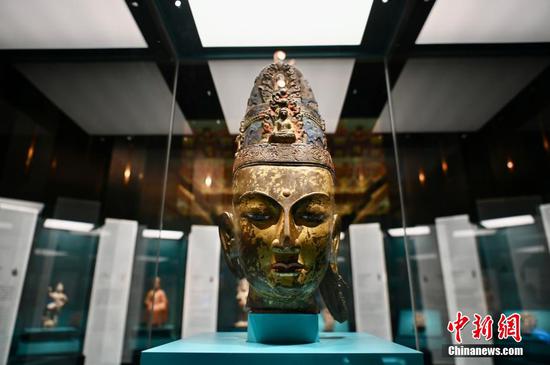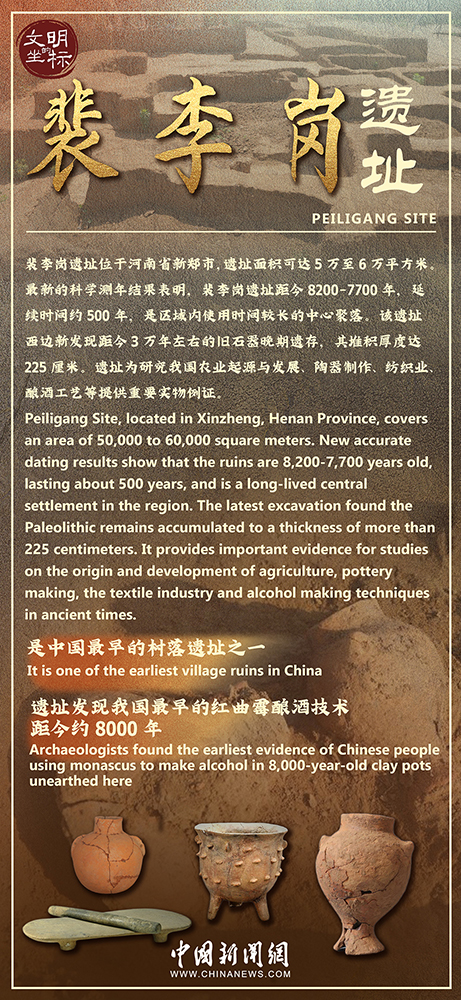The Hong Kong University of Science and Technology (HKUST) on Thursday announced the identification of a blood protein vital in the pathogenesis of Alzheimer's disease (AD), paving the way for a simpler treatment of the neurodegenerative illness.
The findings reveal an innovative strategy for reducing the risk of AD development and ameliorating disease pathologies in individuals living with AD, the university said.
AD, which affects over 50 million people worldwide, is currently an irreversible condition that lacks effective treatment. This is primarily because the disease mechanisms are complex and largely unclear, with few effective targets available for drug development, according to the HKUST.
Researchers have previously observed that impaired clearance of the toxic amyloid-beta (Abeta) peptides in the brain of AD patients by the immune cells (microglia) causes cellular dysfunction, resulting in memory loss and cognitive problems. Yet, the reason behind this impairment is still not well known.
The team has discovered a blood protein, soluble ST2 (sST2), that plays a key role in disrupting Abeta clearance by microglia. The team showed that sST2 levels increase in the blood and the brain during aging, thereby perturbing the activities of the cytokine interleukin-33, leading to reduced microglial clearance of Abeta and thus elevated Abeta deposition.
The critical findings open up new possibilities for the therapeutic treatment of AD that are primarily aimed at decreasing sST2 levels.
This innovative strategy only requires manipulation of the protein in the blood, and thus offers a simpler and safer approach compared to other therapeutic strategies that target the brain, the university said.
The results were recently published in the prestigious journal Nature Aging, and have also been featured and actively discussed on various scholarly exchange platforms focused on AD research such as Alzforum.
Nancy Ip, The Morningside Professor of Life Science at HKUST and Director of the Hong Kong Center for Neurodegenerative Disease, led the international team behind the findings.
Ip said while this exciting work has further improved scientists' understanding of AD, and identified an excellent drug target for developing therapeutics, it has also made clear the importance of precision medicine in tackling this complex, multi-factorial disease.
"The next step is to develop clinical interventions that target sST2 and determine their viability as effective AD preventatives and treatments," she said.


















































 京公網安備 11010202009201號
京公網安備 11010202009201號